In what feels like the twinkle of an eye, the topic of feminism amongst Muslims is fast evolving from an unpleasant slur into an empowering …


In what feels like the twinkle of an eye, the topic of feminism amongst Muslims is fast evolving from an unpleasant slur into an empowering …

As a brown woman in a traditional South Asian Muslim home, there was much I bristled against almost constantly. The unacknowledged labour was not just expected but demanded from me. The requirement to keep my mouth shut in deference even if an older person, especially a man, was disrespectful, discriminatory, or just plain wrong in their frequent pontification. To always, always, always think of the collective – the family, the parents, the husband, the society, before my own needs or wants – because everyone matters. Everyone except me.

In Northern Nigeria, the intersection of cultural misconceptions and Islamic teachings often creates a paradox. While Islam advocates for women’s rights and equality, the prevailing cultural practices often stifle these very principles, relegating women to roles that deny them their autonomy.
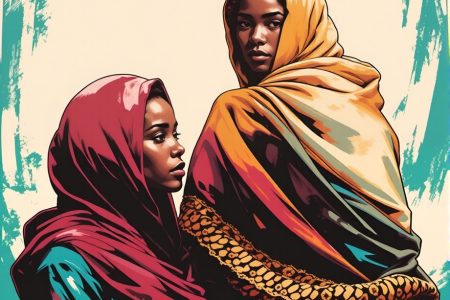
There is a quiet, unspoken belief that a woman’s place in a man’s home is defined by her duties, not by her presence.

Marriage Contract conditions can safeguard women’s rights within and outside the home… Marriage contracts can become an easy tool to equalise power between partners.
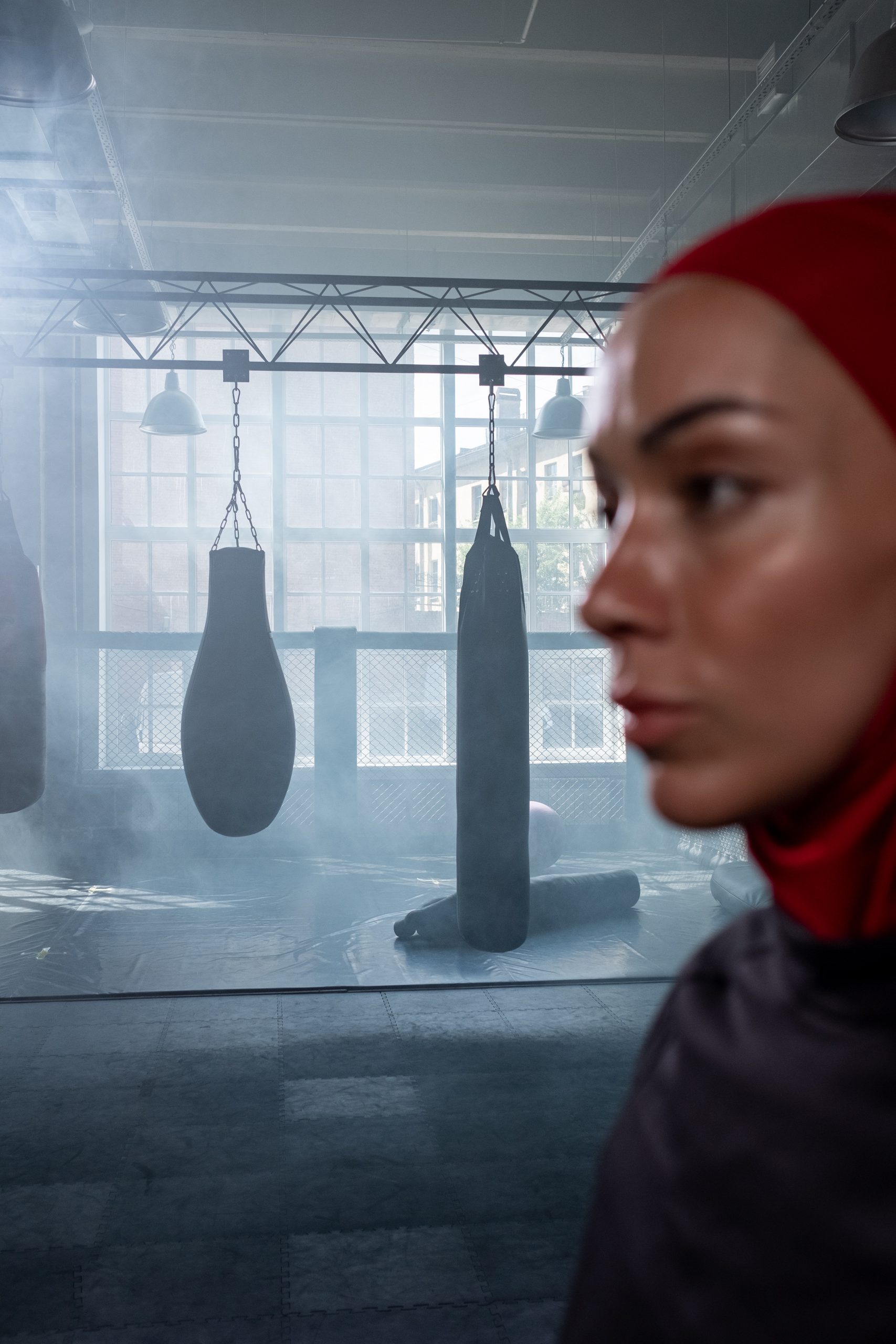
We are tired and angry that men use our labour to prop themselves up in positions of influence and leadership. We are angry that our voices keep getting silenced. We are angry that our feedback and calls for accountability are continually ignored.
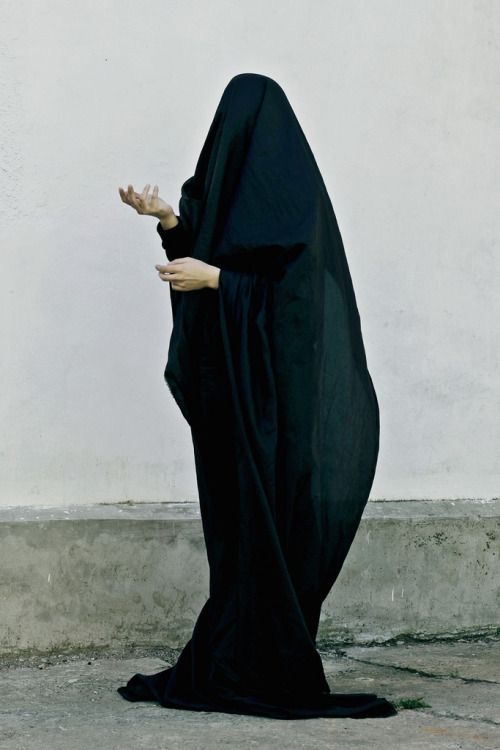
Women need not be held to the unrealistic standards of the Ideal Muslimah, who by the way, is a fictional character with roots not unrelated to passive misogyny. The Ideal Islamic culture is not one of cancel culture, but one of constant repentance and improvement.

Obviously a child with pink glittery heels is not going to want to go outdoors and jump in puddles and catch ladybirds in the garden, be it a boy or a girl. Put boys in those shoes and see how many are suddenly not running around anymore. Put girls in good shoes and see how many are no longer playing with Barbies and cooking with a toy kitchen set.
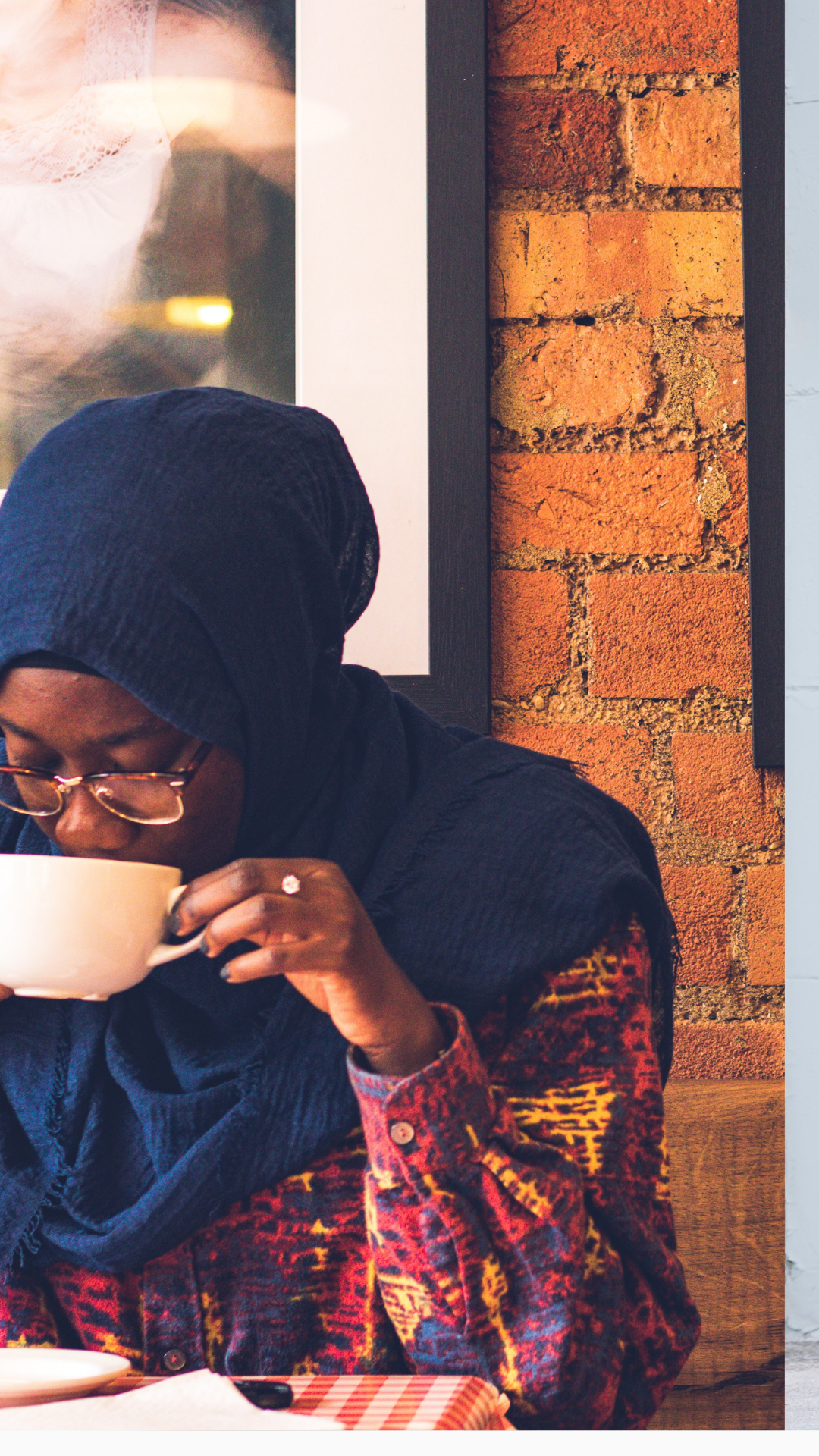
It is at socials like these, where exclusion towards Muslims is often heightened, with drinking culture being mostly to blame. In the corporate field, it is no surprise that drinking is the primary way teams socialise. It boosts staff morale, strengthens personal relationships and in some cases, even gives employees a deeper insight into the business and clientele itself. But for non-drinkers like myself, these occasions are approached with dread. I sometimes feel my seniors are closer to the other juniors in our team as they regularly join them for after-work drinks, whereas I do not. Consequently, causing me to worry that my career progression will be negatively impacted.
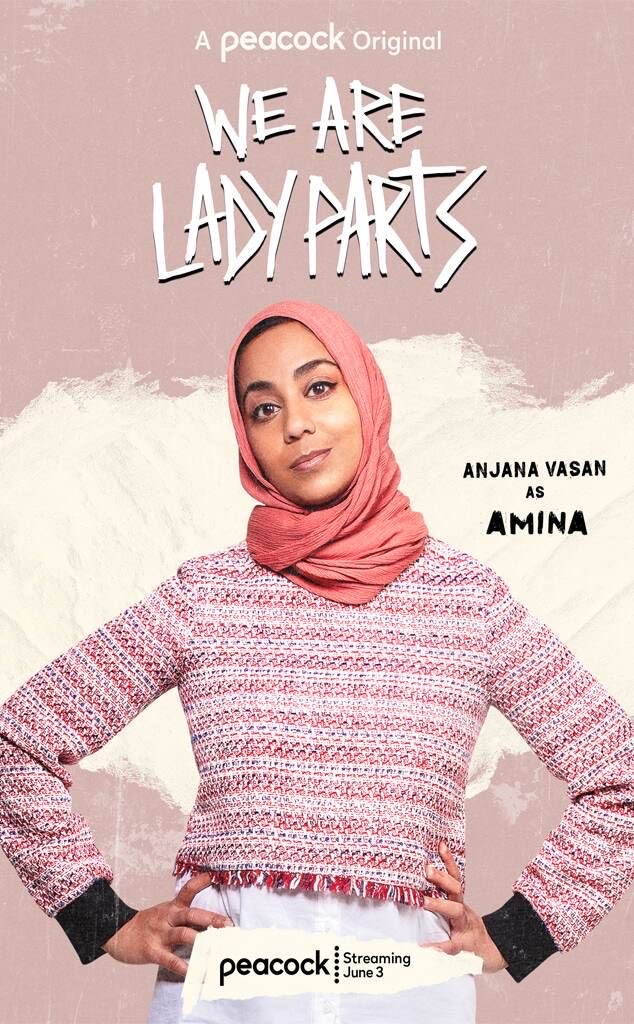
What stands out to me about ‘Lady Parts’ as a show is that it exemplifies Muslims as not being a monolith. Instead of being reduced to one stereotype, they’re allowed to exist freely as who they are, accurately reflecting the melting pot of different individuals that form the religion. This subsequently allows Muslim women to reclaim their power — they’re allowed to just be, beyond their religious identity.